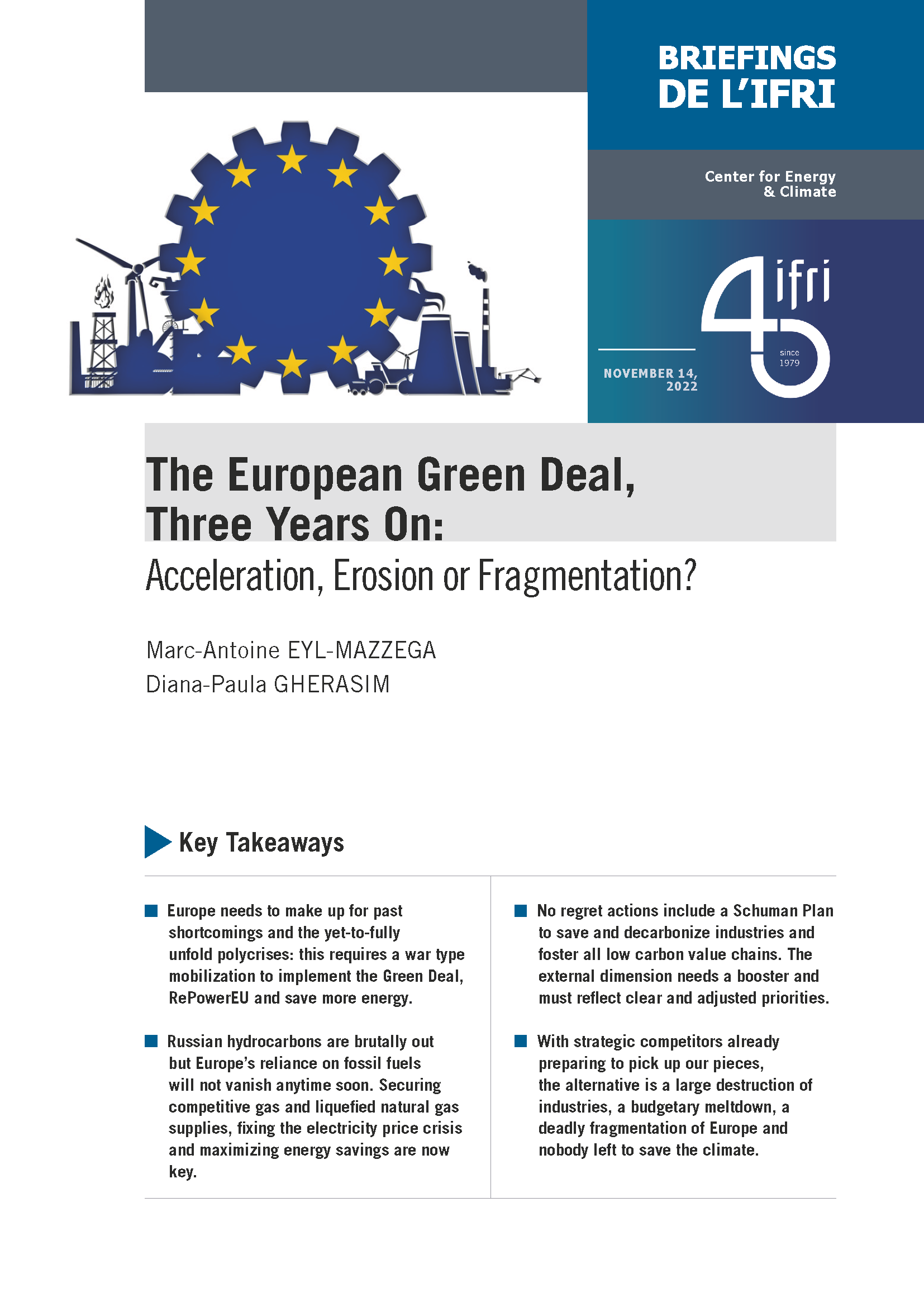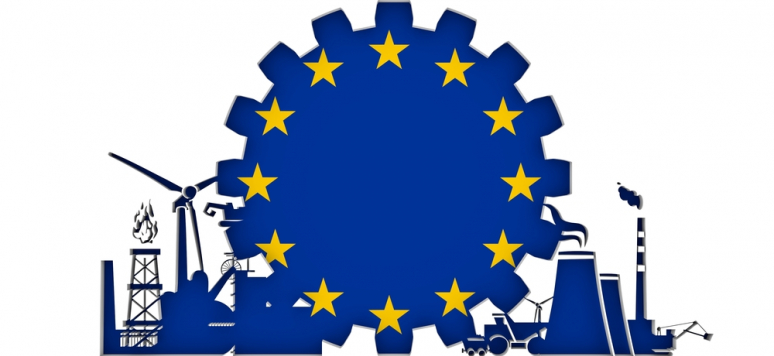The European Green Deal Three Years On: Acceleration, Erosion, Fragmentation?

The European Green Deal (EGD) is the single most defining policy initiative of the von der Leyen Commission. Since its publication in December 2019, it has become the European Union’s (EU) new raison d’être: protecting the planet and Europeans from environmental degradation, through a holistic approach to the energy transition, while promoting sustainable growth and a just transition with no social group or territory left behind.

The credibility of the EGD was secured by the European Climate Law, which makes the objectives of climate-neutrality by 2050 and a reduction of at least 55% in greenhouse gas (GHG) emissions by 2030 legally binding at the EU level. This has given a strong mandate to the European Commission (EC) to propose an overhaul of European energy and climate policies. The EC has lived up to the task remarkably, resolutely sticking to an accelerated policy and legislative timeline, featuring around 30 strategies and action plans, in addition to emblematic, coherent legislative packages like Fit for 55. The European Parliament has also positioned itself as a key stakeholder, finding consensus on overall targets and objectives. While all Member States (MSs) finally subscribed to the EGD ambition and agenda, they remain torn between a discourse that is largely supportive of the energy transition, but which in reality suffers from insufficient implementation efforts and mounting difficulties.
Three years since the EGD set the direction of travel for the EU for the next 30 years, the EU finds itself in the midst of a storm not seen since World War II, coming just after it successfully weathered the Covid-19 pandemic. The war in Ukraine is a tectonic game changer with profound implications that are yet to be fully grasped. For energy and climate policies, these new realities require reviewing many assumptions about the energy transition, energy security, social acceptance, economic competitiveness, and hence, decarbonization strategies and policies going forward.
Download the full analysis
This page contains only a summary of our work. If you would like to have access to all the information from our research on the subject, you can download the full version in PDF format.
The European Green Deal Three Years On: Acceleration, Erosion, Fragmentation?








